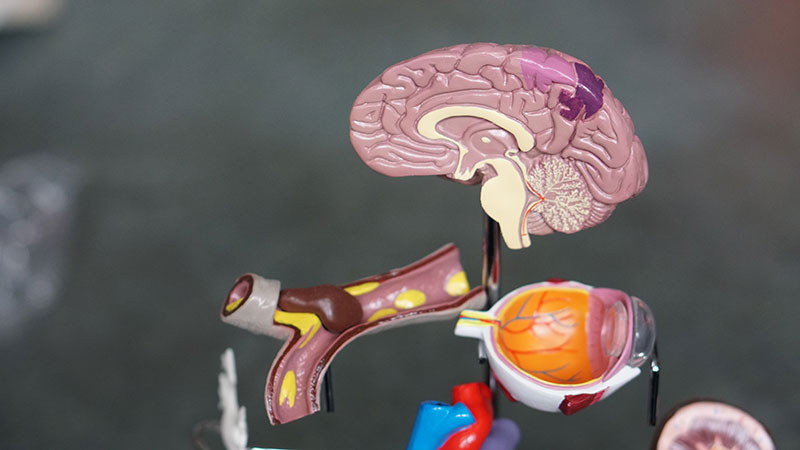If you’re finding it impossible to drop weight even though you’ve made healthy lifestyle changes, are exercising, and doing all the right things, know that you are not alone. Even when you make all the right choices and do all the right things, it can still not be enough.
What Are Hormones?
Hormones are like our body’s chemical messengers, sending signals to various organs throughout the entire body to keep it working properly. Hormones affect our emotions, growth, development, metabolism, blood pressure, sex drive, reproduction and so much more. Hormones are produced and regulated by the endocrine system.
Disease
Hormone imbalance can wreak havoc on your health, and long-term hormone imbalance can lead to diseases that affect the entire body. These diseases include thyroid disease, diabetes, adrenal disease, autoimmune diseases, and more.
Causes
Hormone imbalance can be caused by many things:
- Hormone Therapy
- Medications
- Cancer Treatments
- Tumors, benign or cancerous
- Pituitary tumors or cysts
- Eating Disorders
- Stress
- Trauma
- Injury
- Pregnancy
- Menopause
- PCOS
- Breastfeeding
- Birth Control
Diagnosis
Hormone imbalance cannot be diagnosed with a test alone. Your doctor will want to perform a physical exam and discuss your symptoms too. Document your symptoms if suspect you are dealing with a hormone imbalance and include:
- Frequency of symptoms
- What helps relieve the symptoms
- Weight gain or weight loss
- Stress levels
Your doctor may order tests such as blood tests, MRI, X-ray, thyroid scan, or urine tests to confirm suspected hormone imbalance.
Treatement
Treatment of hormone imbalance will vary depending on the specific hormone that is
being over- or underproduced. Be sure to discuss treatment options with your doctor and explore what may be available to you. Treatment options may include:
- Medication
- Therapy (physical)
- Therapy (mental health)
- Diet
- Exercise
The Take-Away
Hormones regulate many of your body’s major functions. Hormone imbalance can affect these vital functions and cause serious complications and disease so it’s important to speak with your doctor immediately if you suspect you may be at risk for hormone imbalance.
Come back for our next issue where we will explore how to naturally support your endocrine system!
